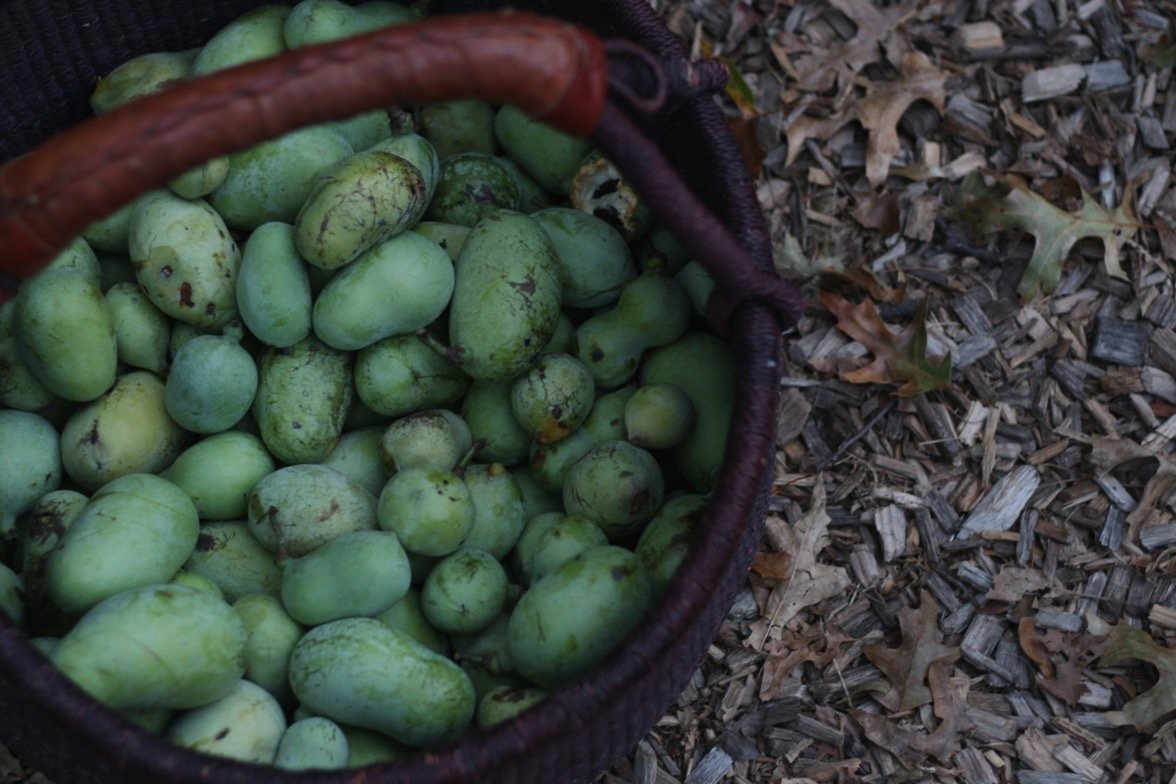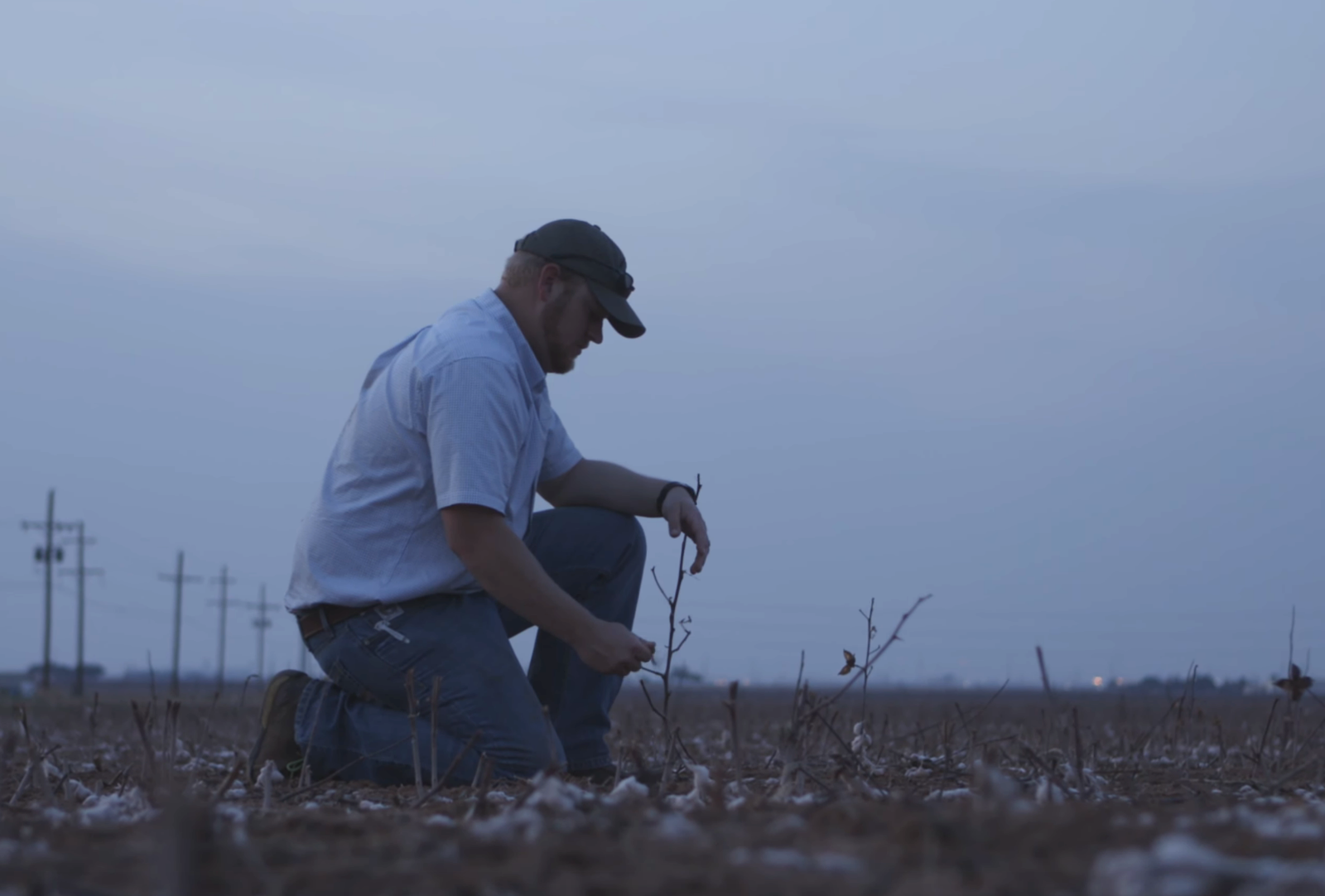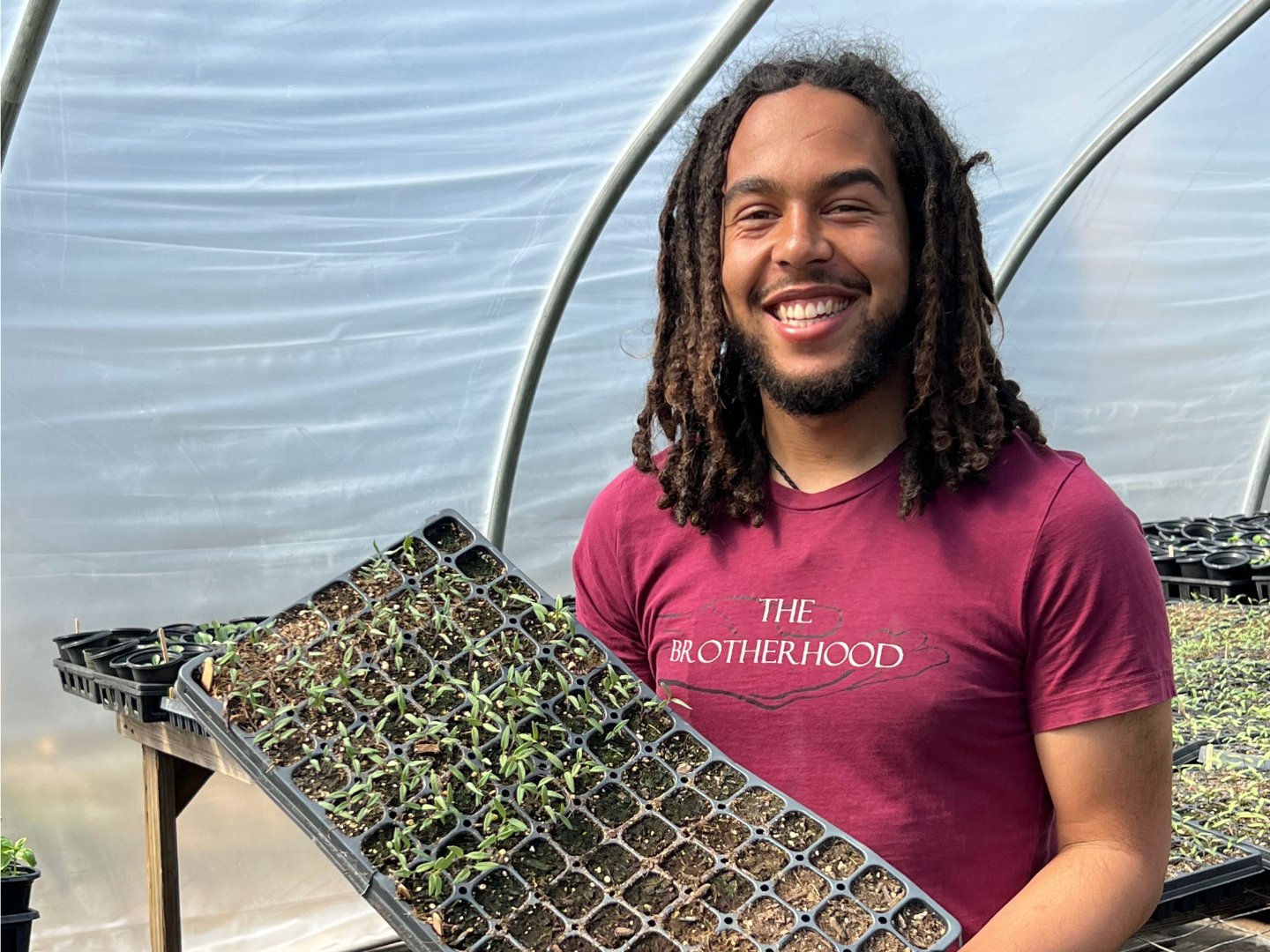Chef Whitney Matthews understands her seafood. The acclaimed chef, formerly included on the Cooking Channel, matured fishing with her household in the Chesapeake Bay. Fish typical in her youth, such as summer season go to pieces, are significantly uncommon. “My daddy was constantly searching for the ‘doormat’- sized go to pieces. It had actually been years given that we ‘d captured a go to pieces. Then, 2 years back, I drew in my line to examine my bait, and there it was- a grand overall of 5 inches long,” states Matthews.
The progressive disappearance of summer season go to pieces from mid-Atlantic waters is common of numerous types’ journeys to cooler water; summer season go to pieces are now numerous off the Massachusetts coast. Worldwide, fish are moving far from the equator at approximately 72 kilometers (44.7 miles) per years There are numerous factors fish may transfer. Many fish, as cold-blooded animals, have a metabolic “sweet area.” They flourish in a particular temperature level variety and are stressed out outside that variety. The tension is developing; in 2021, the oceans were warmer than any other duration in documented history.
As fisheries rush to change quotas, fishing boats should take a trip hundreds more miles to capture popular fish or land them in far-off ports where quotas are greater. This increases the rate of regional fish, specifically as several types are moving poleward.
Utilizing adaptive capabilities
In the future, fisheries might gain from existing research study on how fish manage altering environments. Researchers have actually discovered that slowly warmed fish can adjust to warmer water and pass that adjustment down to their offspring, utilizing molecular switches that turn existing genes on and off. Fish in future generations can acquire enhanced capabilities to endure. And they can do so without awaiting the sluggish, cumbersome procedure of developing brand-new genes. Where hereditary advancement is a ponderous administration, hereditary switches are smooth, active business owners in business of adjustment.
Fish raised in ocean net-pen farms- and hatchery fish launched into the wild- undergo the issues of warming oceans. Some fish even establish skeletal defects if raised in warm water. Could gene changes aid ocean-raised and launched fish adjust to the heat? That’s what scientists are searching for out.
[RELATED: The Future of Ocean Farming]
Heather Veilleux, a scientist at the University of Alberta, teams up with Canadian ecological authorities and aquaculture business, consisting of the Cold Lake Fish Hatchery, to study rainbow trout. The Alberta research study is basically attempting to see into the future by hatching, raising and reproducing trout in water temperature levels that oceans, rivers and lakes are anticipated to be 50 and 100 years from now. Cold-water trout have trouble breathing as they take a trip unseasonably warm streams in Alberta and can be seen gasping for air in regional waterways.
Steady modification is essential. “Numerous scientists get in a boat, pull fish out of the water and after that expose them to anticipated temperature levels,” Veilleux states. “Many fish carry out inadequately and some even pass away. Well, that’s not what we anticipate with environment modification; fish will experience increased temperature levels more slowly over an entire life time and throughout generations.”
This does not include genetically customizing the fish, as their real genes are not altered. Rather, the group will expose trout eggs to “future” water temperature levels, rear the fish to maturity once the eggs hatch and after that reproduce them. The fish and their offspring will be checked for development rate, physical fitness, size and acquired hereditary markers.
The future of aquaculture
Veilleux sees prospective applications for industrial aquaculture; obviously, so do the hatcheries taking part in the research study. “If we can reproduce a hardier fish in the 2nd generation, that might be extremely advantageous to [aquaculturists],” Veilleux states. Acquired ecological memory assists offspring endure more easily and can lead to bigger fish.
Regardless of its capacity, tweaking hereditary switches is still difficult and inaccurate. With a little warming, hatchlings mature adjusted to warmer water. However use excessive heat and hereditary switches can alter the sex of those hatchlings from female to male.
[RELATED: Where to Look for Climate- and Environment-Friendly Seafood]
Another issue is what takes place when hatchery fish socialize their DNA with wild populations. Sofia Consuegra, teacher of evolutionary ecology at the University of Swansea, states this interacting can interfere with wild populations: “In concept, I discover it extremely fascinating and possibly appealing to … aid captive-reared fish adjust to warmer water temperature levels.” Nevertheless, she includes, hatchery fish might likewise transfer their adjustment to a captive environment- an unhealthy repercussion for wild fish.
Still, heat adjustment is significantly important for hatchery fish predestined for wild equipping. Scientists are doing their finest to guarantee that fisheries will have the ability to supply plentiful, economical and yummy meals to their consumers years from today.













